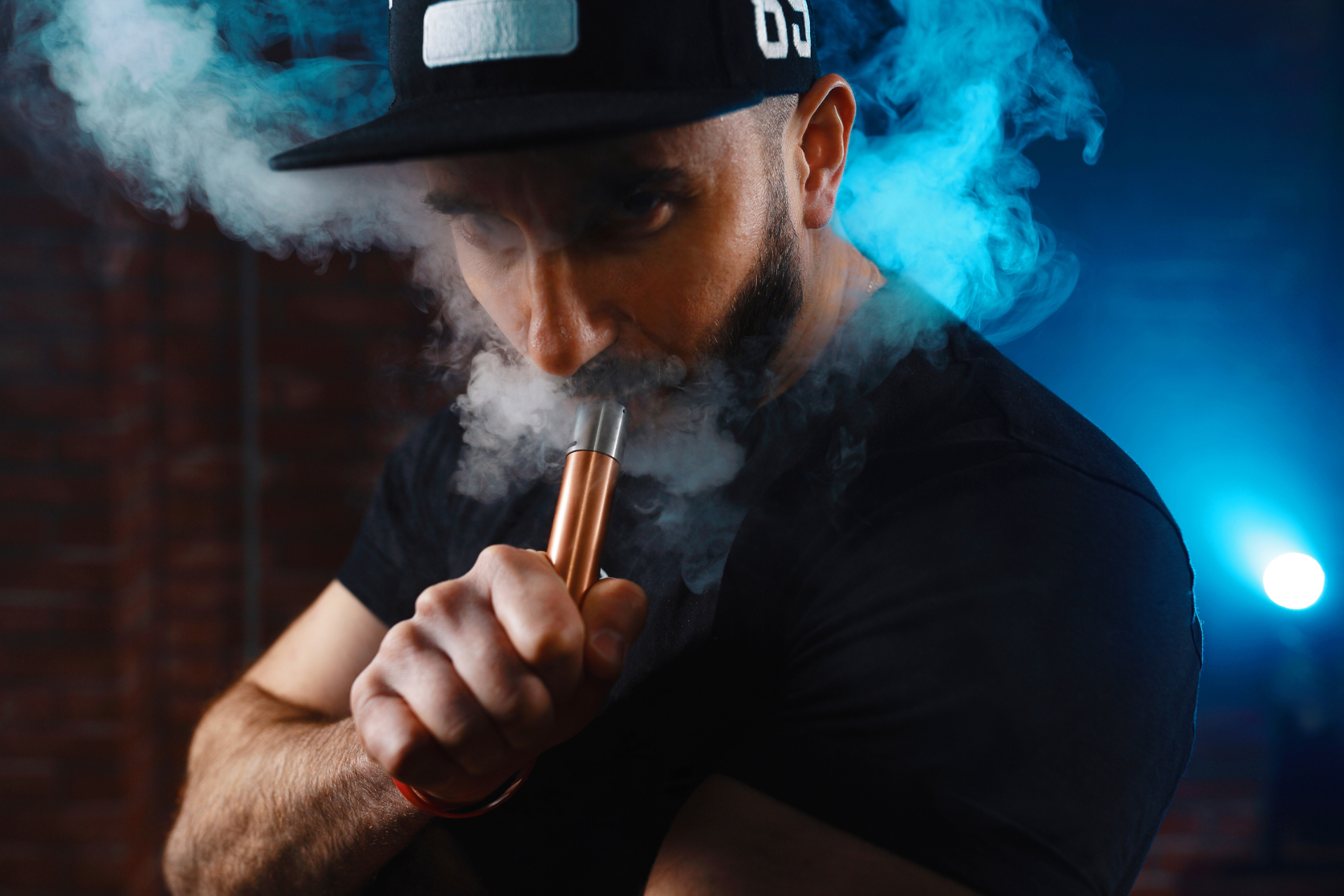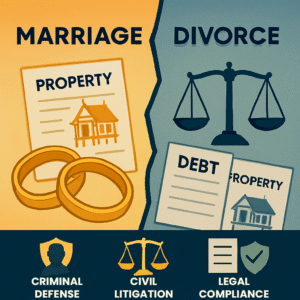When the public health official who gave Thailand legal weed promoted a heavy-handed crackdown on electronic cigarettes this week, one couldn’t be blamed for asking: Just what was he smoking?
After all, Bangkok, like the rest of Thailand, is awash in vapes. Legions vape in broad daylight. They puff away in bars and restaurants from devices sold openly on sidewalks.
So why was health minister Anutin Charnvirakul thundering on about arresting those importing e-cigarettes? And how could something so prevalent be illegal?
The answer to the first question is, obviously, electoral politics. Anutin desperately wants to be prime minister and is trying to burnish his credentials with the drugs-are-bad block of voters salty about his backdoor decriminalization of cannabis.
But we’re not here to talk about Anutin’s political future. We’re here to talk about vaping because, nine years after they were banned, vapes have surged back to attention after a visiting actress embarrassed the men in uniforms by showing the entire world how venal and corrupt they can be.
We embarked on a deep dive to cut through the haze and see what the law actually says to answer definitively: Is using a vape really forbidden? Or is possession illegal, which would amount to an academic distinction? As it turned out, a review of the relevant codes and regulations brought us to the surprising conclusion that vapes and vaping have not been illegal for several years, despite all the headlines and assertions otherwise.
Because, let’s face it: Bangkok is vaping more than ever. Your friends do it; your relatives do it; you may do it. Is it time for everyone to take it underground again?
It is true that, in 2015, all types of e-cigarettes and refill cartridges were banned – along with hookahs. Sale and importation were both banned. For a while thereafter, police fined people vaping publicly, and smoke-busting soldiers were dispatched to raid nightlife venues. For some years, people were wary of carrying e-cigarettes for the real threat of police trouble.
But enforcement seemed to just stop after that, and the ban pretty much went ignored for several years, right up until Charlene An showed up, the actress with the vape in her handbag. A similar incident took place this month in which police shook down vaping Chinese travelers.
How could An and other travelers be held to account when everyone has been vaping openly without fear for years?
Because, if you set their corrupt bribe-taking aside, the police had the right read of the law. Bringing a vape into the country or influencing someone else to bring one for you – the aforementioned “importation” – is illegal. So, anyone boarding a flight to Thailand with one in their bag is risking trouble.
But the ban on sales ended in 2019, when it was effectively undone by amendments to a key law.
Importation remains illegal under the Customs Act. That has not changed. However, the 2015 announcement from the Consumer Protection Board that established the ban on sales – and set harsh penalties – relied on sections of the law that were removed four years later in the 2019 update to the Consumer Protection Act, or CPA.
Read the full article here: https://coconuts.co/bangkok/news/no-vaping-and-vapes-are-not-illegal-in-thailand-heres-why/





